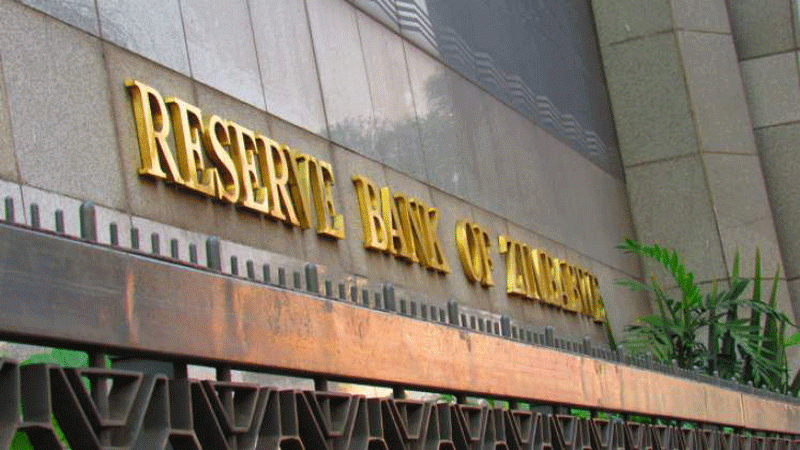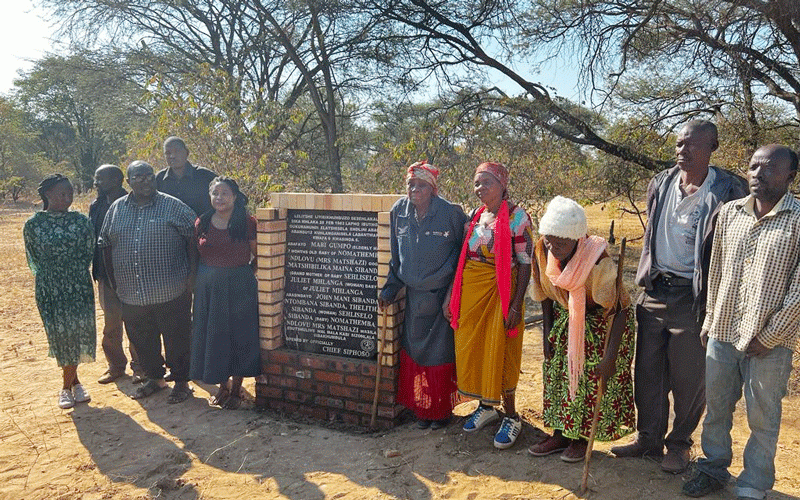
THE Reserve Bank of Zimbabwe (RBZ) has been taken to court for failing to offer ordinary citizens an alternative platform to access foreign currency to pay for passports, petrol and rentals as well as other needs.
Ordinary citizens who earn salaries in the Zimbabwe Gold (ZiG) currency relied on the parallel market for forex to meet their needs before authorities launched a crackdown on illegal money changers.
A number of suspected forex dealers and ordinary Zimbabweans have since been arrested while transacting on the streets.
In an urgent High Court application, political activist Linda Tsungirirai Masarira said the arrests could not be allowed to continue as long as the RBZ was not offering Zimbabweans an alternative platform to access forex.
Masarira said RBZ should amend the regulatory framework for the public to easily and freely access foreign currency from bureaux de change or banks since informal markets were criminalised.
Masarira said the application had a real impact on ordinary citizens as Zimbabwe was under a multi-currency system with some goods and services such as passports being exclusively priced in foreign currency.
However, access to forex is limited, she submitted.
"My obligations have been largely monetised in United States dollars. Pursuant to the multi-currency regime and some goods and services such as passports, vehicle import duty and fuel are exclusively sold in foreign currency,” Masarira submitted in her application where she cited the RBZ as the respondent.
- RBZ blocks Harare US dollar charges
- Industry cries foul over new export surrender requirements
- One stitch in time saves nine
- Banks keep NPLs in safe territory
Keep Reading
“The government agencies have been the biggest culprit demanding payment exclusively in forex notwithstanding its dereliction of duty in availing sufficient forex.
"The existing legal framework in respect of the trading of foreign currency needs to be broadened to enable the general public to purchase forex with relative ease and convenience.”
She said the current legal framework infringed upon her right and that of other citizens to access foreign currency.
"The respondent [RBZ] has failed to ensure that forex is available in banks. Until recently, only a handful of elites could purchase forex at the Dutch auction system which was launched on 23 June 2020. There was no provision for ordinary citizens like myself to purchase forex,” she said.
“While the respondent prioritises access to forex by importers with verifiable foreign invoices, as indicated in the 2024 Monetary Policy Statement, little consideration was given to individuals like myself who require smaller amounts of forex for everyday purchases.”
Zimbabwe resorted to the United States dollar and other currencies in 2009 after ditching the worthless Zimdollar.
The Zimdollar was reintroduced in 2019.
Authorities recently introduced the ZiG, but maintained the multi-currency system.
“I aver that the respondent can enhance the public’s access to foreign currency by expanding the willing-buyer-willing-seller trading management it adopted following the discontinuation of the Foreign Exchange Auction System in April 2024,” Masarira said.
“In terms of the exchange control directive 8256/2024, authorised dealers (banks} and bureaux de change shall purchase foreign currency from willing sellers at a market determined exchange rate for onward sale to willing buyers.
“I submit that it must be broadened and extended to ordinary citizens like myself in need of forex for everyday purchases.”
She said the operational modalities of bureaux de change must also be expanded to enhance access to foreign currency by the public.
“In terms of the existing legal framework, bureaux de change are limited in terms of the persons and purposes they can sell foreign currency to and for,” she argued.
“At present they are only allowed to sell foreign currency to both natural and legal persons for purposes of funding international payments and other purposes as directed by the respondent.”
“There is no provision for the general public seeking to do domestic transactions in foreign currency, without receipts for external payments to buy forex from bureaux de change. This has effectively pushed the general public to source forex from informal channels."
Masarira urged the RBZ to collaborate with telecommunications operators such as “EcoCash, Netcash and Telecash to facilitate easy access to forex by the public.”
“The respondent must remove the ban imposed on mobile money agents and partner them in such a way that they will act as bureaux de change and enhance public access to small amounts of forex for basic transactions,” she said.
The application is pending.










